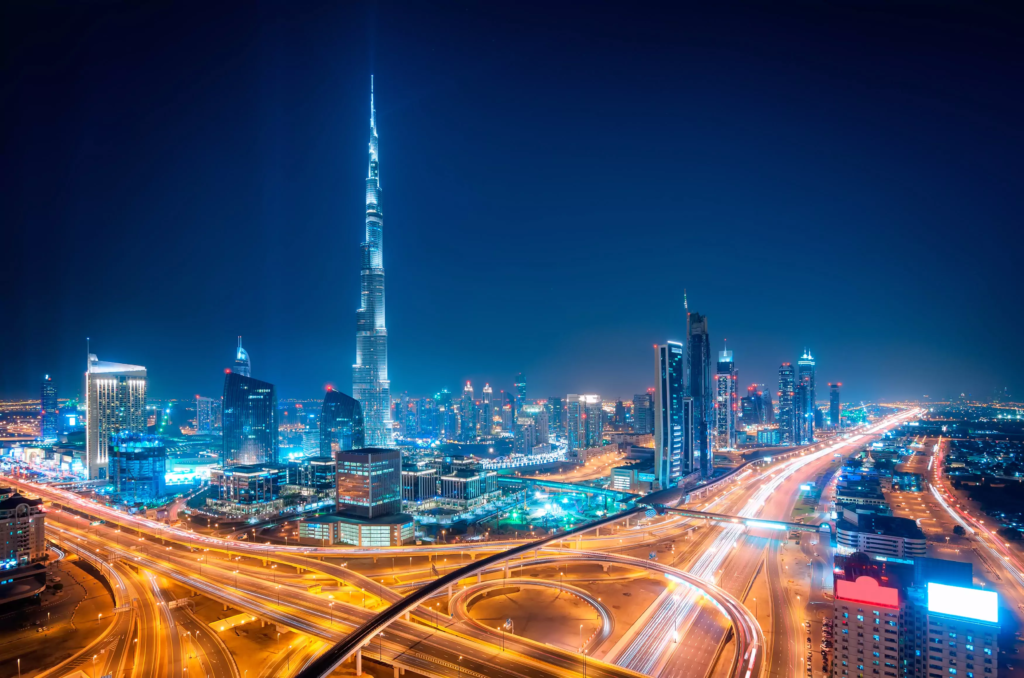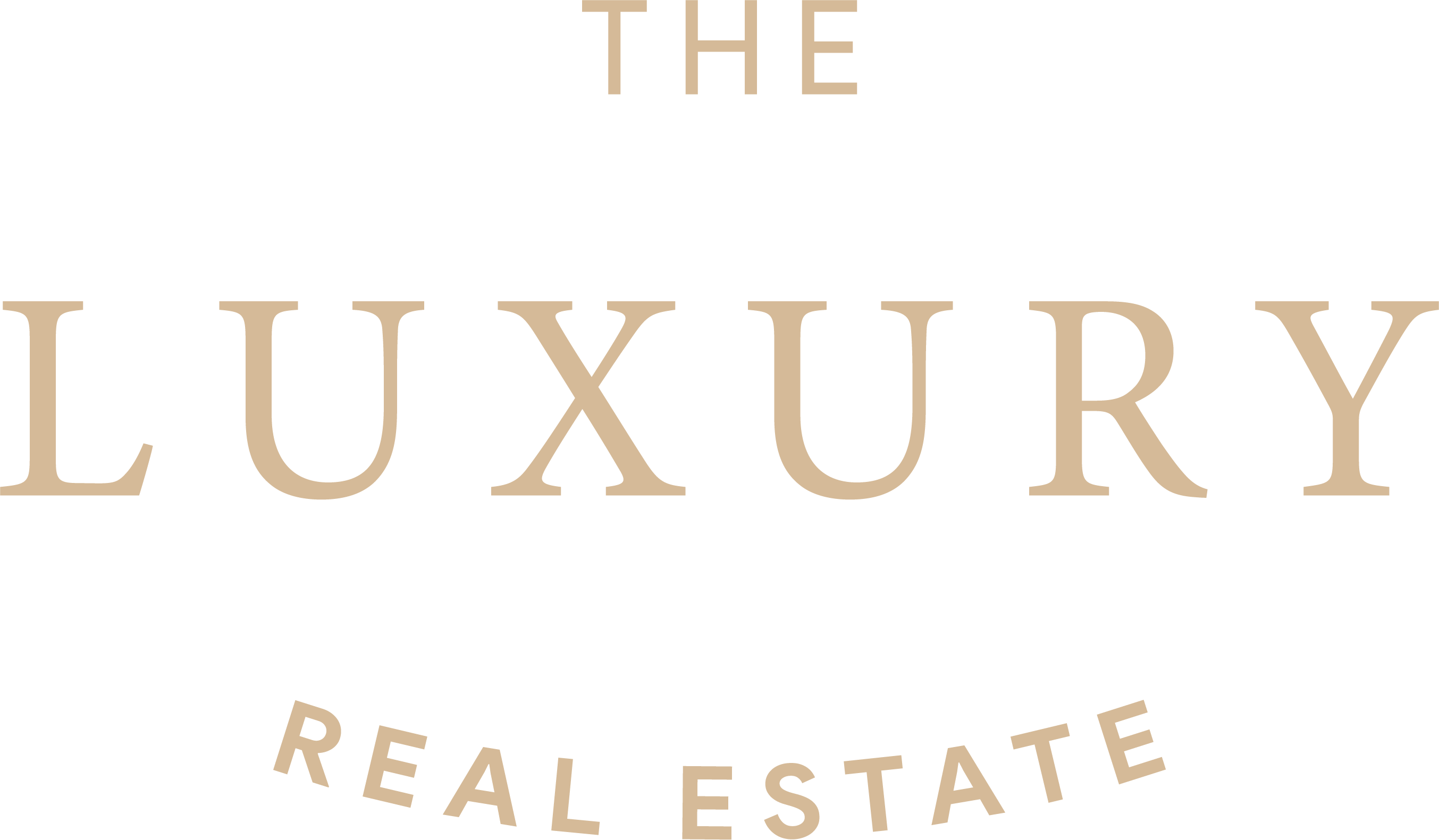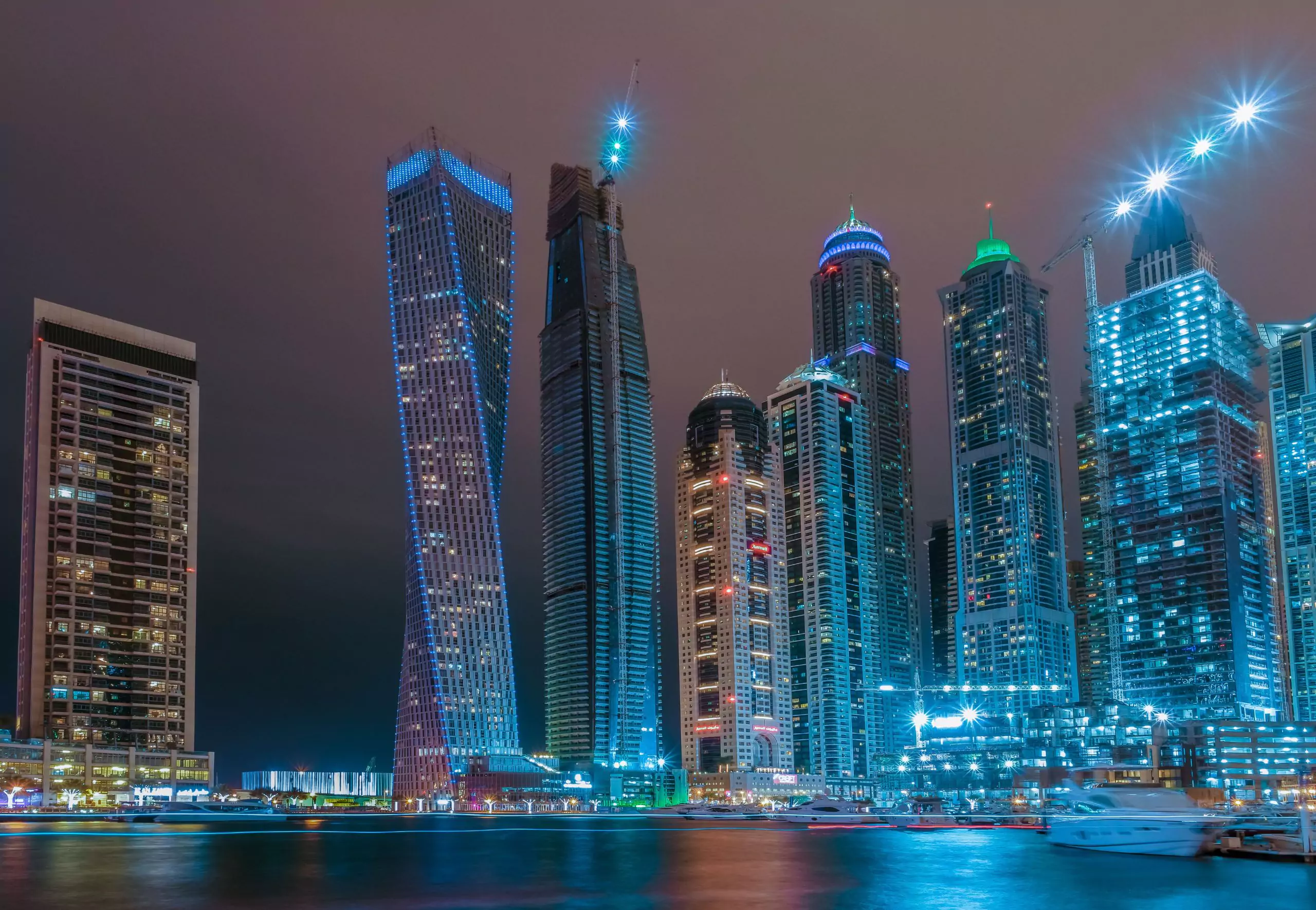The dazzling skyscrapers and luxurious lifestyle of Dubai have long captured the imagination of investors and tourists alike. But with recent record-breaking property prices, a question lingers: is a crash inevitable?
Past Boom and Bust:
Dubai’s real estate journey has been one of dramatic highs and lows. The 2009 financial crisis triggered a major crash, with prices plummeting by over 50%. Over-reliance on foreign capital and speculation fueled the bubble. However, the emirate learned valuable lessons, diversifying its economy, attracting new industries, and implementing stricter regulations.
Current Market Dynamics:
The post-pandemic boom has seen prices soaring again, fueled by factors like:
- Geopolitical safe haven status: Dubai’s stability and neutrality have attracted investors seeking refuge from global uncertainties.
- Strong economic growth: Diversification into tourism, finance, and technology has boosted the economy, attracting professionals and creating a strong demand for housing.
- Low interest rates: Easy access to credit has fueled investment and property purchases.
Signs of Caution:
Despite the optimism, concerns remain:
- Bubble warnings: Some experts believe the rapid price increase is unsustainable and could lead to another crash.
- High dependence on foreign investment: The market’s stability is heavily reliant on external factors, making it vulnerable to global economic shocks.
- Over-supply in certain segments: Concerns exist about a potential glut in luxury apartments, impacting prices and profitability.

So, is a crash imminent?
The answer is not clear-cut. While the market is undoubtedly hot, predicting a crash is difficult. Several factors could mitigate the risks:
- Government’s proactive approach: The government has taken steps to cool the market, including higher loan-to-value ratios and stricter lending regulations.
- Strong fundamentals: The diversified economy and growing population provide a solid foundation for sustained demand.
- Focus on long-term vision: Dubai is actively investing in infrastructure, renewable energy, and other sectors, creating a more sustainable future for the city and its real estate market.
The long-term outlook remains positive, driven by the city’s strategic location, strong economic fundamentals, and proactive government policies. However, investors should remain vigilant, conduct thorough research, and consider their risk tolerance before entering the market and in case they want to know further details on the latest developments in the market, reach out our experts and we will help you solve all your questions.




